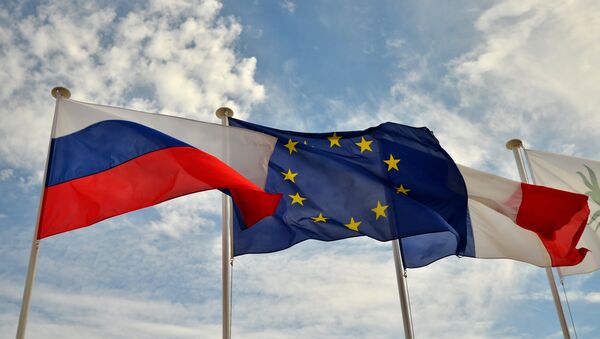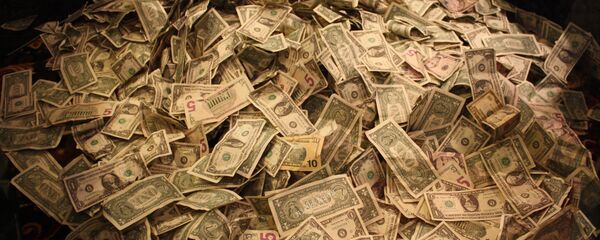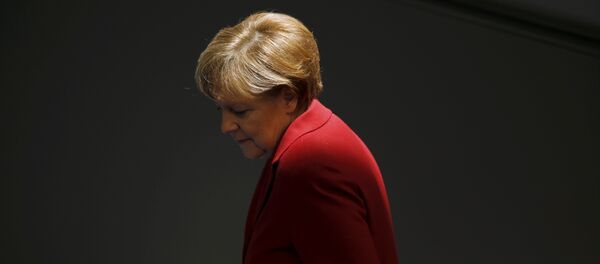Koch recalled that in 2015, relations between Russia and the West hit a post-Cold War low.
However, in light of the international fight against terrorism and the migration crisis in Europe, one can see the signs of a "thaw" and bilateral rapprochement in the Russian-EU ties, according to Koch.
This is something that could finally lead to the West lifting anti-Russian sanctions, Koch pointed out.
In this context, he singled out the "Russia and Germany: from confrontation to cooperation" exhibition which took place in late December in Berlin and which attracted attention of scores of Germans.
Also, he pointed to the Russian TV, which he said describes France as Russia's partner in the fight against terrorism.
Additionally, Russian TV covered President Vladimir Putin's talks with his US counterpart Barack Obama and German Chancellor Angela Merkel on the sidelines of the Paris climate conference in December 2015.
In mid-December 2015, the European Union decided to extend sanctions against Russia for another six months. The sanctions were initially introduced in July 2014 for one year in response to the crisis in Ukraine and the reunification with Crimea.
In response to the West's restrictive measures, Russia announced a one-year food embargo on products originating in states that had imposed sanctions, in August 2014. The ban has since been extended for another year.




